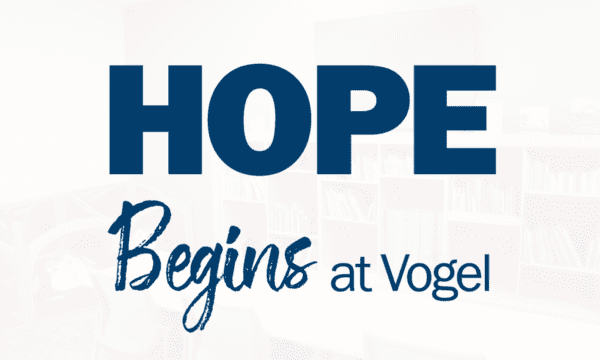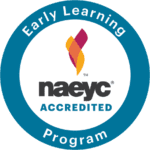 I’ve been pondering lately just how complex the lives of our families become through the experience of homelessness. These musings were generated by a recent conversation with one of the Vogel clinical family support specialists. She told me about a young mother on her caseload, the parent of a little boy around the age of two.
I’ve been pondering lately just how complex the lives of our families become through the experience of homelessness. These musings were generated by a recent conversation with one of the Vogel clinical family support specialists. She told me about a young mother on her caseload, the parent of a little boy around the age of two.
Mom’s childhood was filled with betrayals by those who should have protected her: biological family, the state child protection system, numerous foster parents and the education system. Yet when you ask this young woman about some aspect of her past, she will take full responsibility for things that were far beyond her control. She might tell you, for example, that she was such a bad kid and acted out so much that she did not complete her education. The reality, of course, was more like this: “No one took care of me, taught me to value myself, or bothered to explain what was happening to me. So despite my great intelligence and drive, I was angry and acted out a lot. And that makes a lot of sense.”
Like so many young adults who end their growing-up years in the foster care system, she became homeless. Unlike many others, she is fiercely determined to make up for lost time and build a good life for herself and her child. She sought the services of a family homeless shelter, and after a time, was able to move into an apartment through the program’s transitional housing services. She and her little boy are settled at last. Mom has goals and ambitions, and the first checkbox on the agenda is to complete her GED. To that end, she enrolled in a GED preparation program. She chose the program for two reasons: 1.) The GED consists of five individual tests that cost $33.75 each. By attending the prep classes, she earns a scholarship to cover the test cost; and 2.) Participants earn a three-month unlimited DART pass, which represents hundreds of dollars. So that’s beautiful, right?
Well, life is complicated. Our young mom has a serious medical condition, and her physician has said that she needs to be off her feet as much as possible while various treatments are explored. With no car, she rides the bus and, of course, has long walks between stops. She is actually ready to take the tests but can’t afford them without the scholarship. The scholarship is not available unless she completes the classes. (I should add at this point that Vogel is exploring ways to provide meaningful support for this mom in a way that addresses both her goals and her health.)
So, choices. Hers are daunting. Continue in dogged pursuit of a worthy goal, but risk your health? (and thereby not only her own but the future well-being of her son). Or, alternately, put aside your dreams, hoping that your health will improve while the clock ticks on your transitional housing program?
We all have choices in this life. But when you are homeless, the options can be pretty bleak, while the stakes are extremely high. Understanding these nuances and challenges is critical to providing the best possible support for Vogel families.
Lynn Cearley
Director, Family Services









